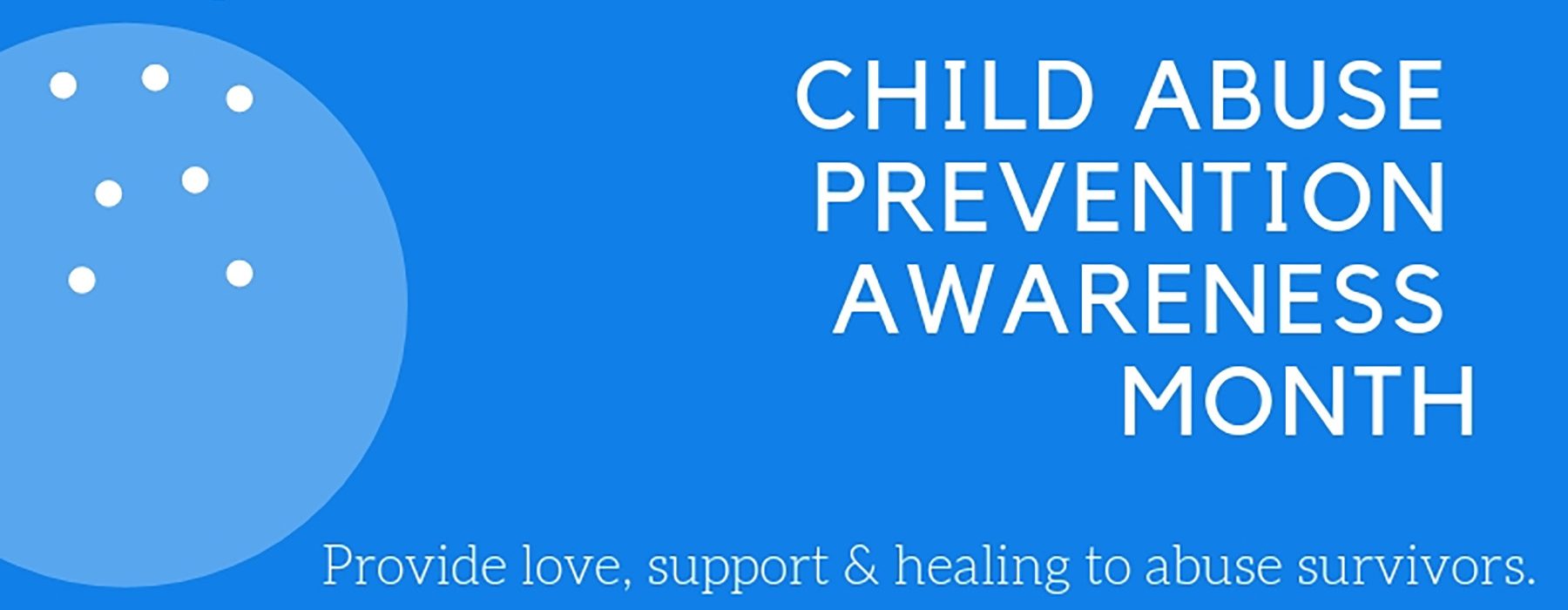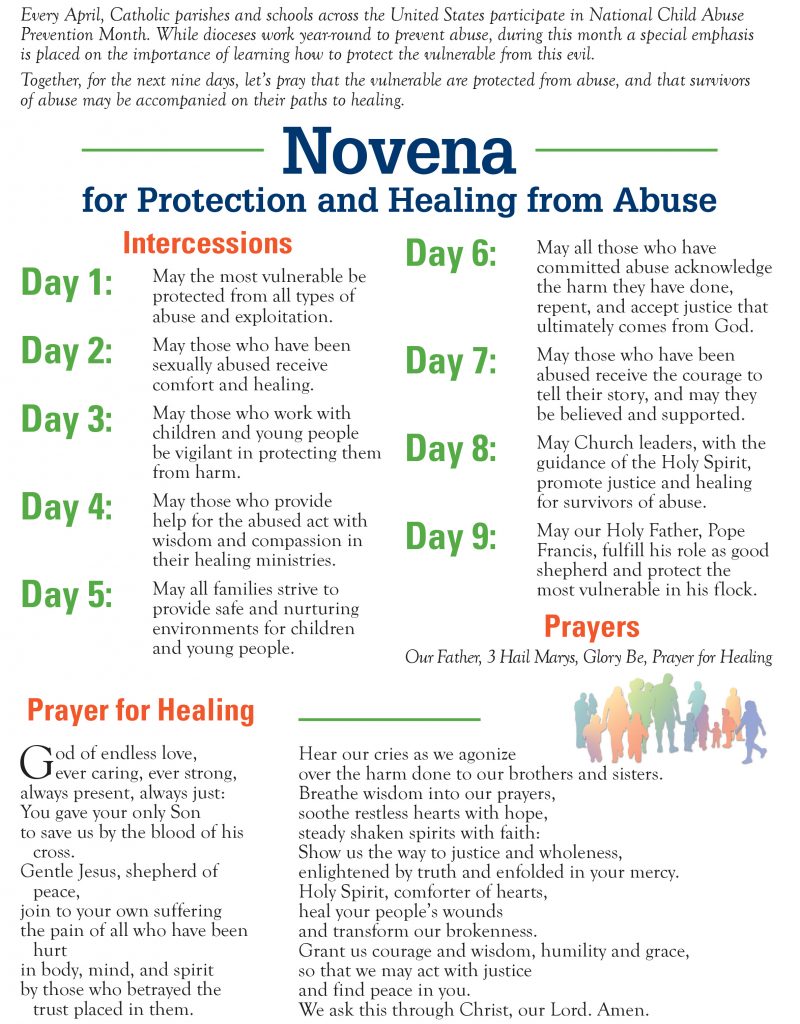April 3, 2019 // Diocese
We need to talk: Why children need to hear from the Church about abuse prevention
By Elizabeth A. Heidt Kozisek
In the years since the first Charter for the Protection of Children and Young People was established by the U.S. Conference of Catholic Bishops, there has been much debate about the education of children in abuse prevention and personal safety. The debate looks at whether or not education by the Church contributes significantly to the safety, well-being and spiritual growth of children. What does education by the Church uniquely contribute to the physical, emotional and spiritual well-being of children?
Holding out the message of Christ
Sexual abuse can have a devastating effect on the spiritual development of children. When abuse occurs in a setting or at the hands of an individual not associated with the Church, it often raises questions about God’s love or even God’s existence. If an individual who abuses represents the Church, the impact becomes more devastating to children’s spiritual development. Given the nature of children’s thoughts, it is often difficult for youngsters to separate the actions of a fallible human being from the message and the institution that they represent. Children need to hear consistent messages that they are deserving of dignity and respect; that God and the Church want them to be safe and involved in right relationships; that the people around them want to help them if a relationship isn’t right. Such messages can help children retain their faith in the face of disappointing or even devastating behavior of an adult.
Increased resiliency
One of the most damaging aspects of sexual abuse is the destruction it causes in how children interpret relationships. When a trusted adult uses a relationship with a child for selfish means, it challenges a child’s interpretation of the meaning of relationships. The more adults they encounter who model right relationships, the less likely they are to generalize their experience of abuse. All Catholics have the opportunity to be the face of God in a relationship that models the Gospel message of Christ. Communicating to children as Church helps to build safe, stable, nurturing relationships with adults, building children’s resiliency in the face of adversity. Children who are victimized by sexual abuse have been found to experience better outcomes as adults if their disclosure of abuse is met with a supportive and protective response from an adult. Communicating as Church helps children to be confident that all of the significant adults in their lives will respond with the same support and protection.
Breaking through the silence
Often, there are barriers to keep children from disclosing abuse. The child victim likely has been held to secrecy by the perpetrator. Children may fear the consequences of reporting – fearful that they will be in trouble or that the perpetrator (whom they may care greatly about) may be in trouble, that their family will be devastated, that they will not be believed, that they will be rejected. Silence or failure to communicate about abuse gives the message that abuse is something that is not to be spoken about. One achievement attained in communicating to children as Church is breaking that silence. Children need to hear from the Church that they should report abuse even if the perpetrator is one of the Church’s own. They need to hear that everyone in the Church wants them to be respected and protected, and that actions will be taken to keep them safe. If children are supported when reporting warning signs or indicators that a relationship isn’t right, then the opportunity exists to monitor, problem-solve and address concerns before an abusive relationship progresses to the point of physical harm or significant emotional injury.
What individuals can do
Find out more. Contact a local diocese or parish office to find out more about the Abuse Prevention Education and Comprehensive Safe Environment Program and training provided in the diocese.
Become involved. Participate in the Safe Environment Program of the diocese or parish. A key aspect of such programs is providing adequate supervision of children and educating adults to be aware of the signs of abuse and what to do in response.
Elizabeth A. Heidt Kozisek is the director of the Child Protection Office, Diocese of Grand Island, Nebraska.
The best news. Delivered to your inbox.
Subscribe to our mailing list today.







